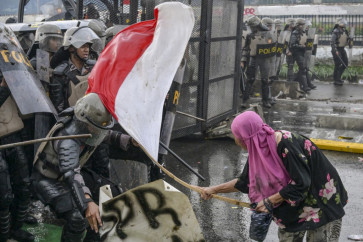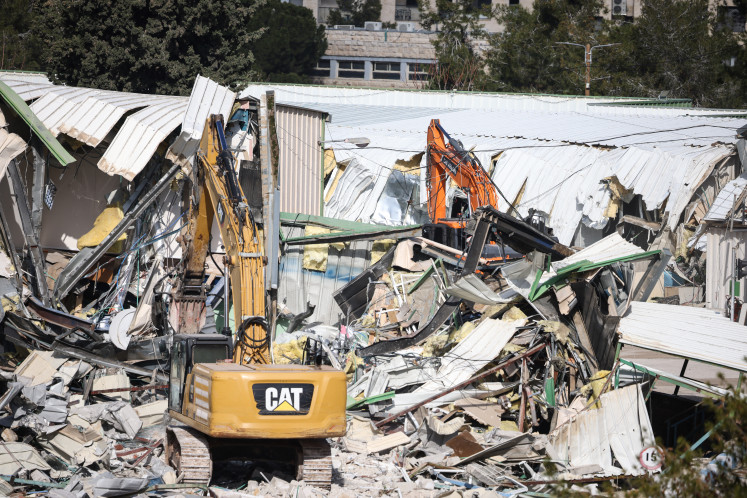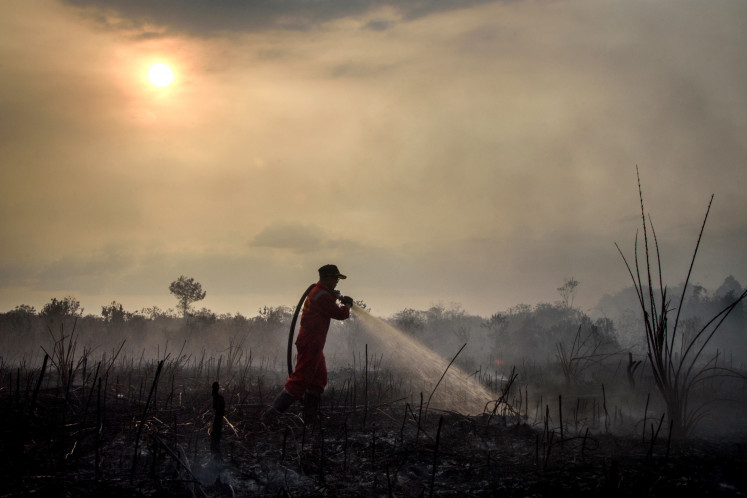Popular Reads
Top Results
Can't find what you're looking for?
View all search resultsPopular Reads
Top Results
Can't find what you're looking for?
View all search resultsTimorese families to reunite
The first state-facilitated reunions of family members long separated from each other are scheduled to be held this week in Dili and a few other areas outside Timor Lesteâs capital
Change text size
Gift Premium Articles
to Anyone
T
he first state-facilitated reunions of family members long separated from each other are scheduled to be held this week in Dili and a few other areas outside Timor Leste's capital.
The reunions of 15 Indonesian nationals, now aged 24 to 50, are being arranged by the governments of Indonesia and Timor Leste, as urged by the now dissolved Commission for Truth and Friendship of Indonesia and Timor Leste. The same recommendation was made by the Timor Leste Commission for Truth and Reconciliation.
Family reunions to begin Monday are being facilitated by the National Commission for Human Rights along with several NGOs in Indonesia and Timor Leste.
In 2011, then president Susilo Bambang Yudhoyono issued a presidential regulation on family reunions. 'But ironically, neither governments did much to find the children who were lost during the conflict in East Timor from 1975 to 1999,' commissioner Sandrayati Moniaga said.
Isabelina Pinto, a Timorese who said she was lucky her family found her when she was 5 years old in Bekasi, is among those facilitating the reunions. 'We have only been motivating [family members] and helping them meet each other. Imagine how it must feel to be separated for 30 years and not remember your family.'
Many Timorese children were adopted through Indonesian orphanages and by military members, among others. An unknown number were told their parents had died, only to find out later that their parents had been alive when were taken to Indonesia. As infants, many found out years later that they were adopted.
Those to be reunited participated in a one-day workshop on Sunday in Canggu, near Denpasar, which was closed to the press. Organizers said it was part of preparations before the reunions.
Victor da Costa, who was taken out of Timor when he was 4, discovered family members' identities in 2004, but found that his parents had died. 'I was considered dead too, my grave was in between theirs,' said Victor, who with Isabelina helped the search for the families of fellow Timorese.
Reunions with long lost family members would be traumatic, he said, given the adaptation with extended families and the complex customs involved in accepting a family member who had been believed to be dead. 'One mother even refused to meet her child,' said Victor, a co-founder of the Jakarta-based Association of Missing Persons (Ikohi). (hhr)(+++)










